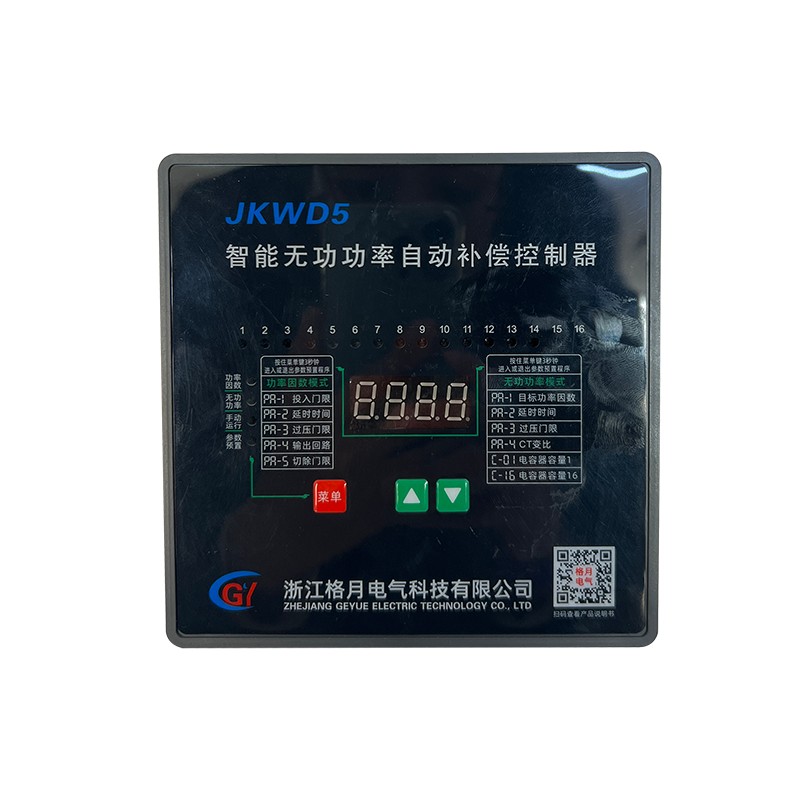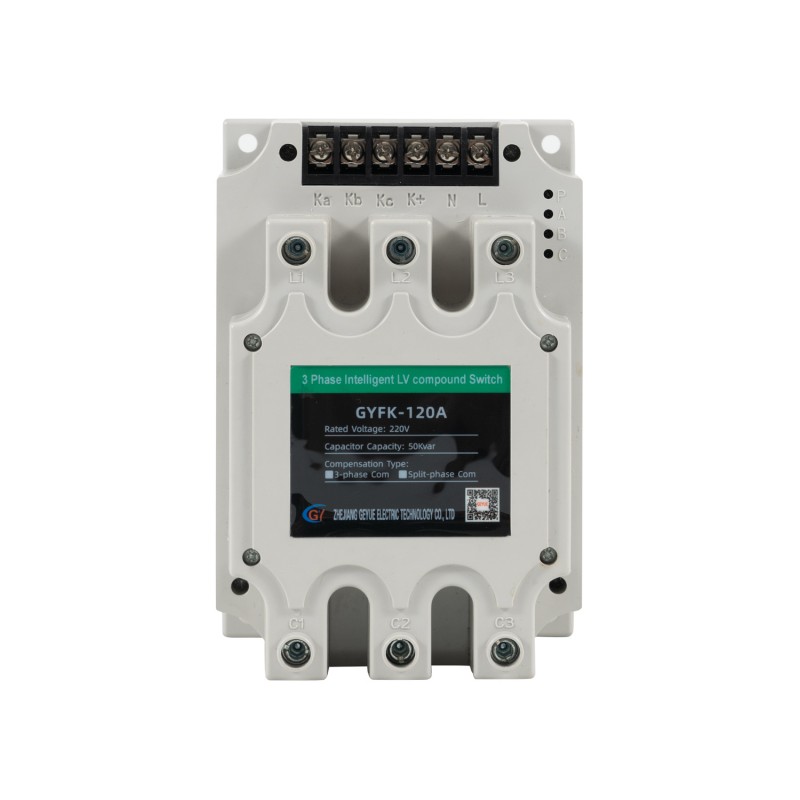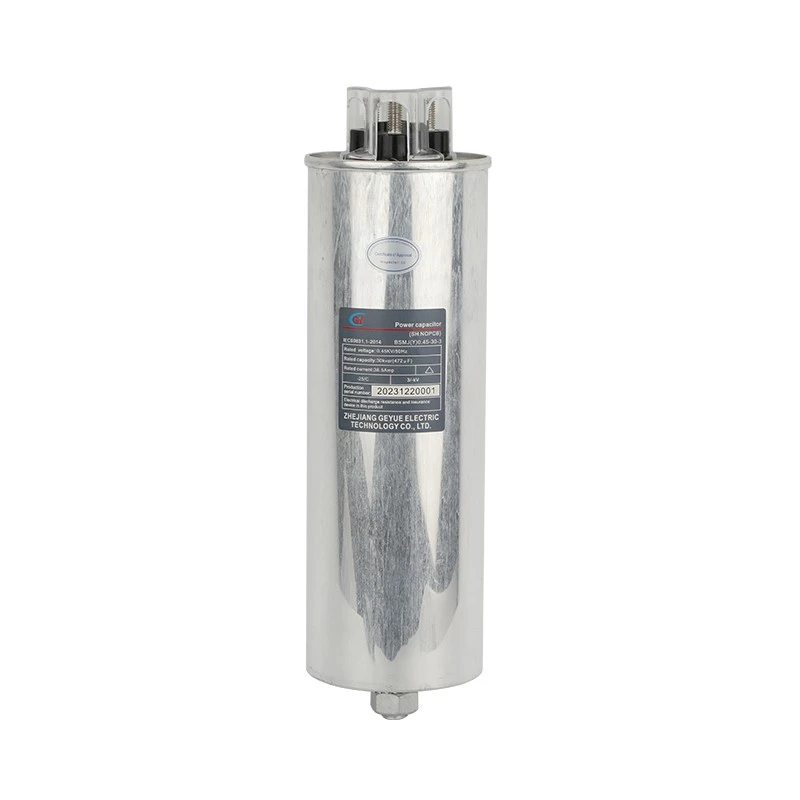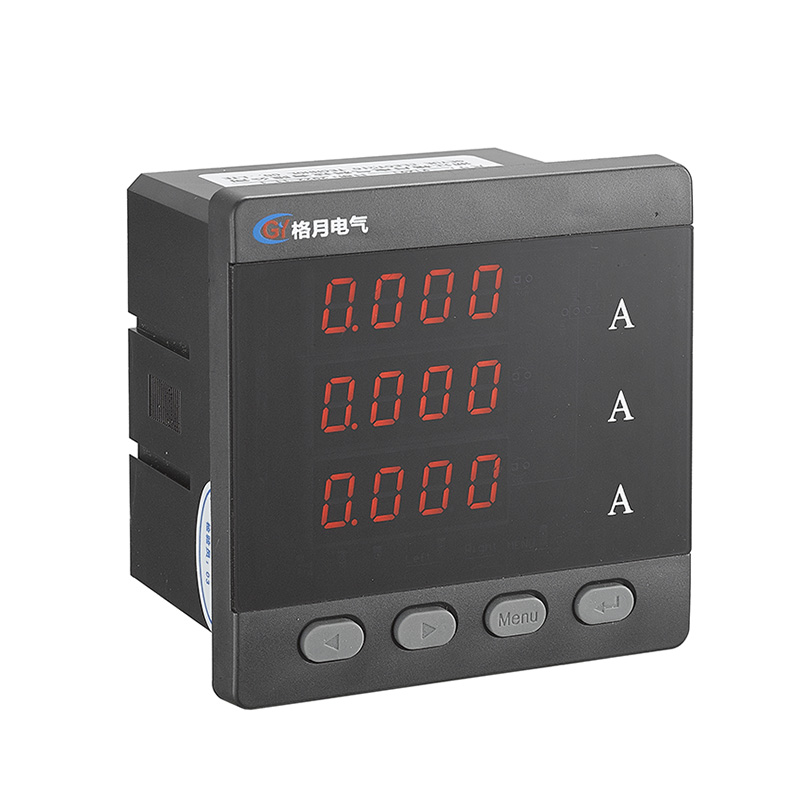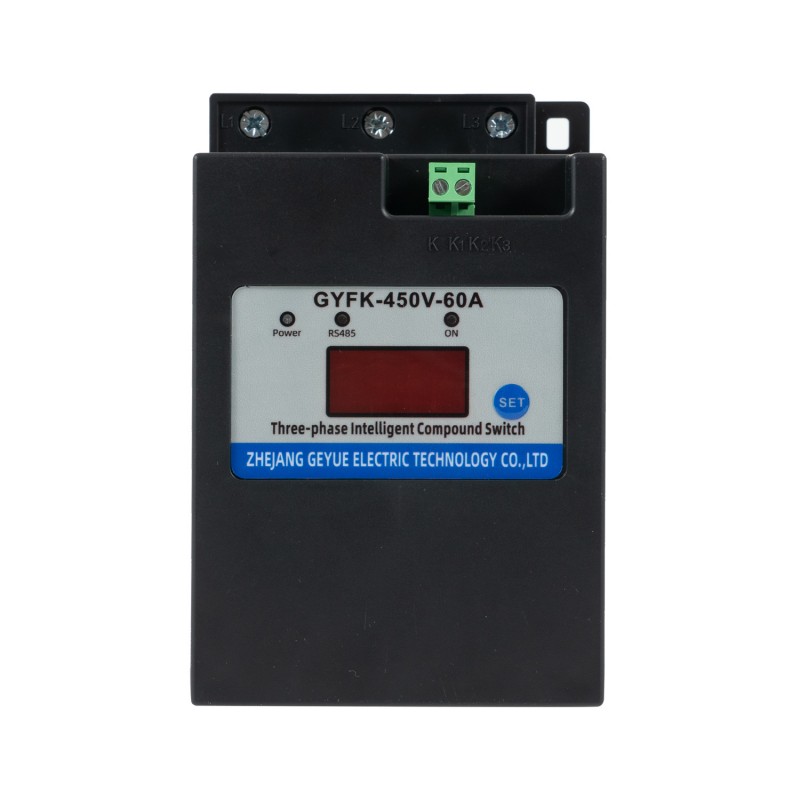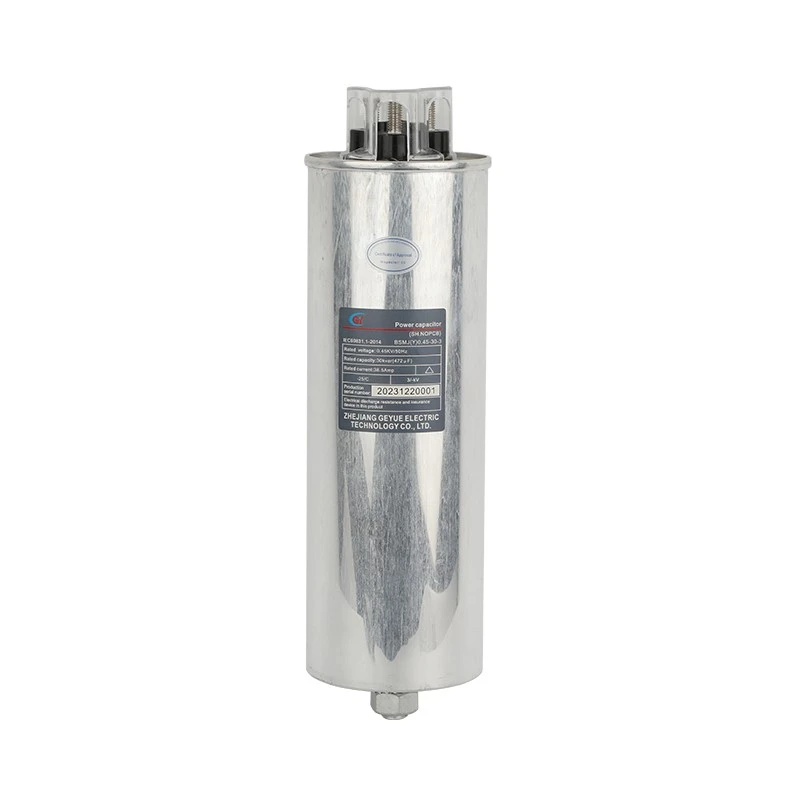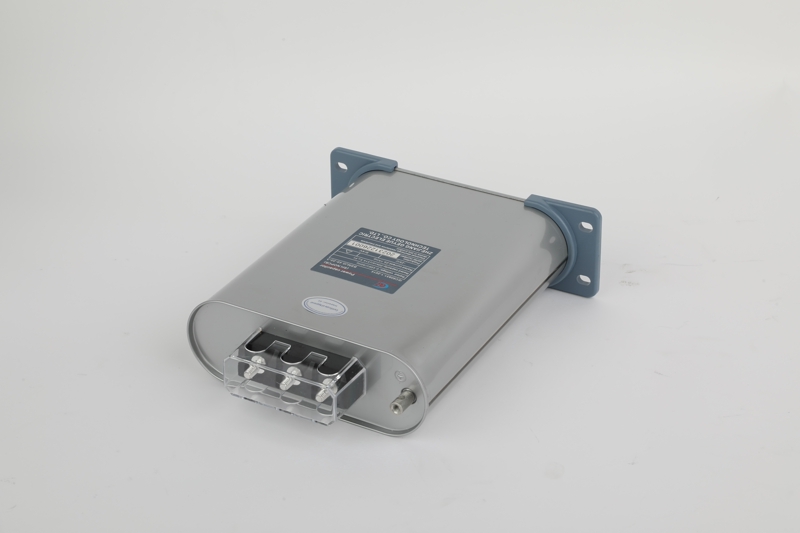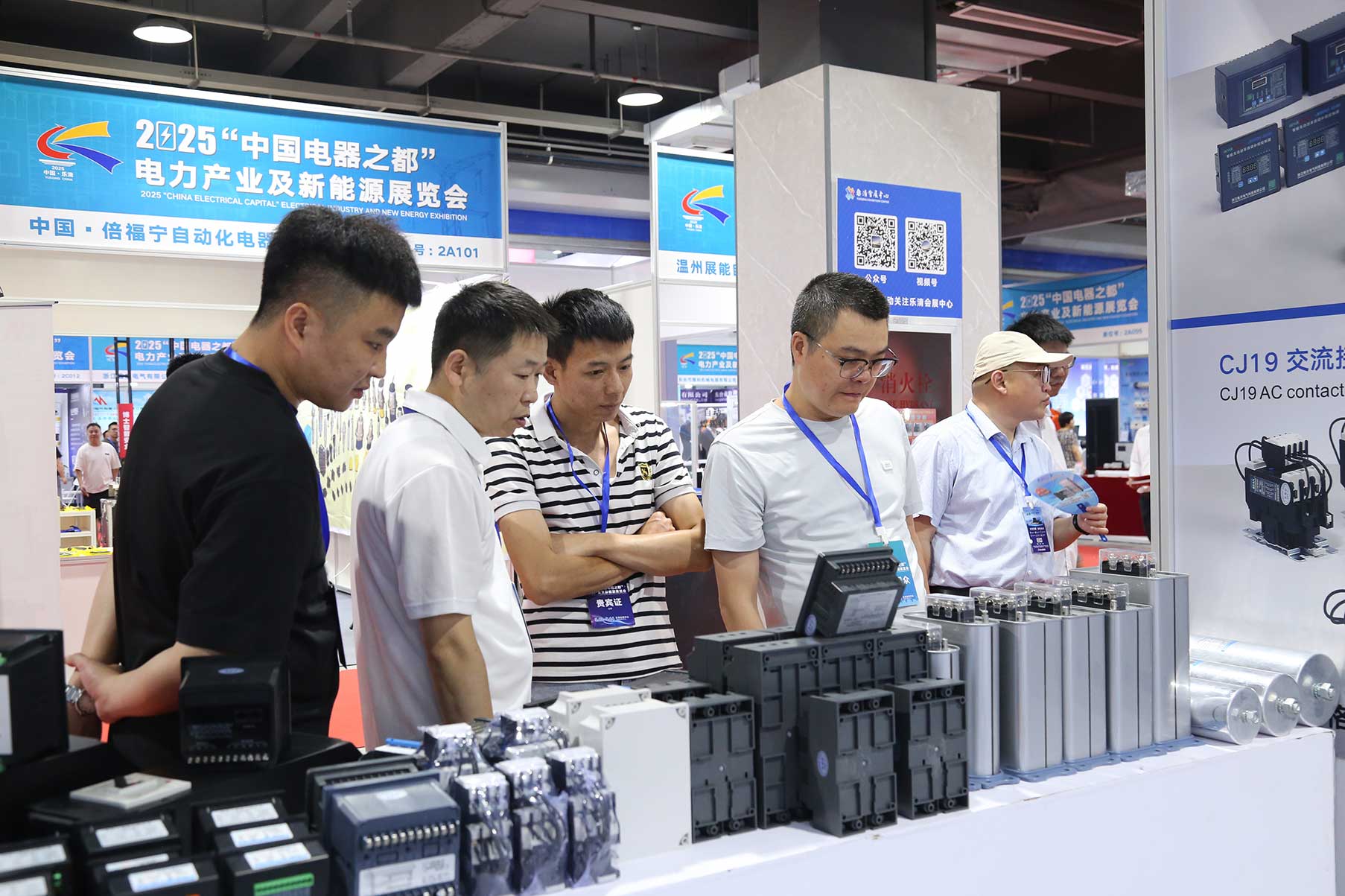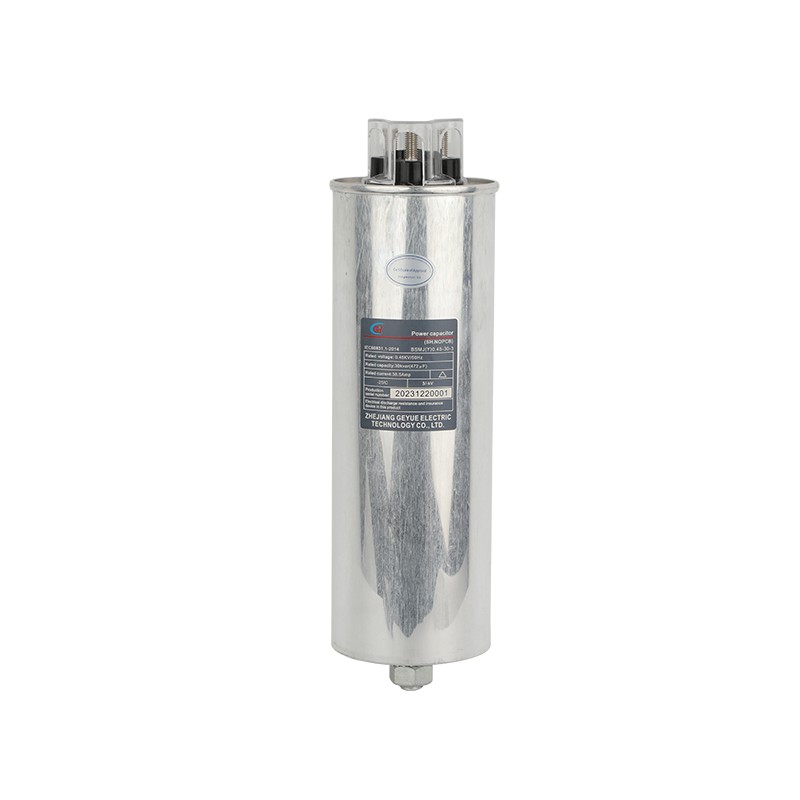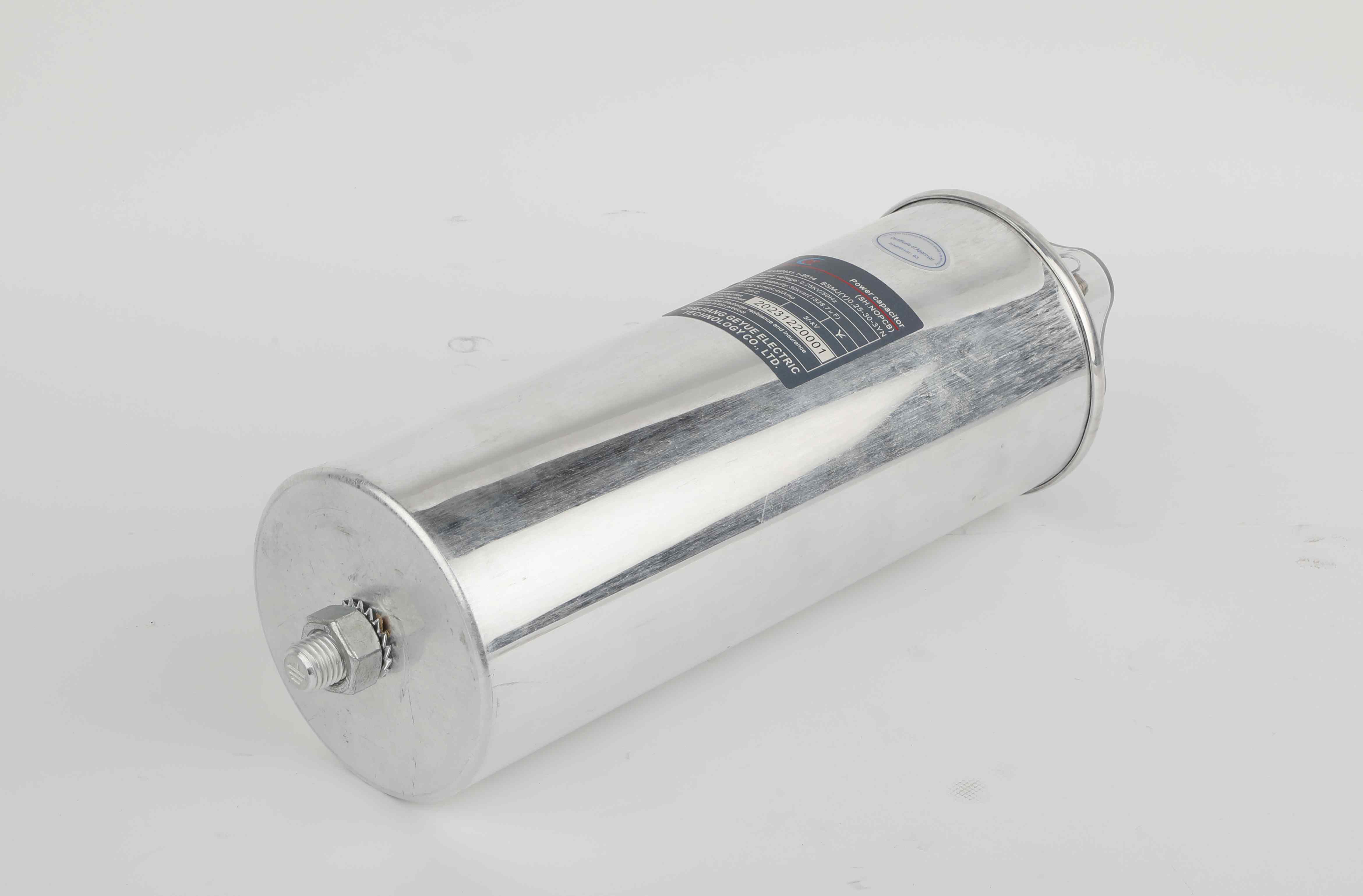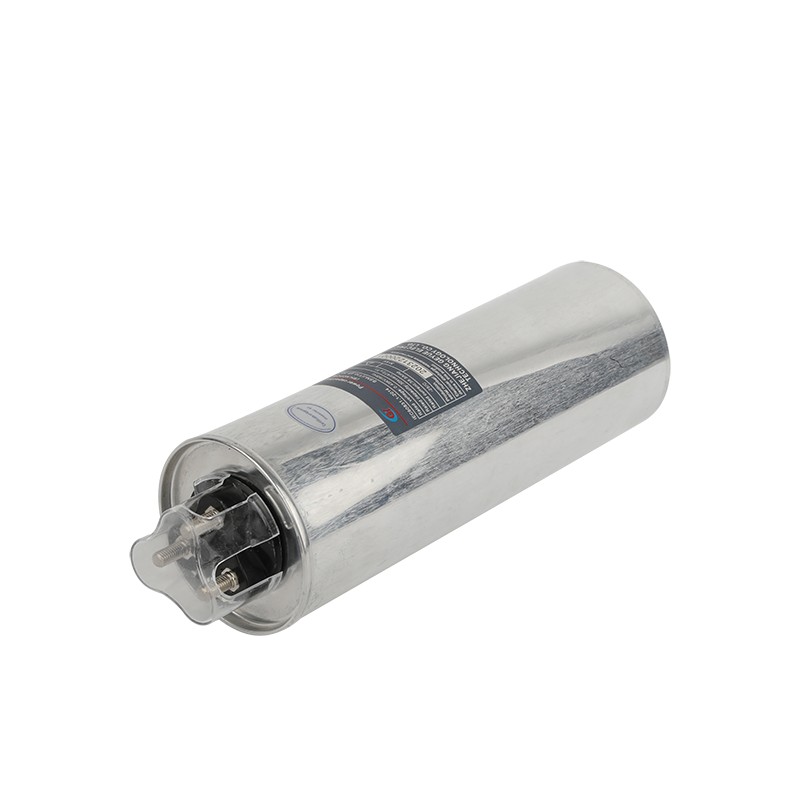How does the Industrial Metaverse Provide New Debugging Tools for Reactive Power Compensation Systems?
The Industrial Metaverse, an emerging paradigm for digital transformation, is profoundly changing the R&D, commissioning, and O&M of power equipment. Geyue Electric, a manufacturer of low-voltage reactive power compensation equipment, believes that Industrial Metaverse technology will bring revolutionary commissioning tools and innovative methods to reactive power compensation systems. This article will explore the changes brought about by this technological trend from three perspectives: virtual commissioning, remote collaboration, and digital twins.
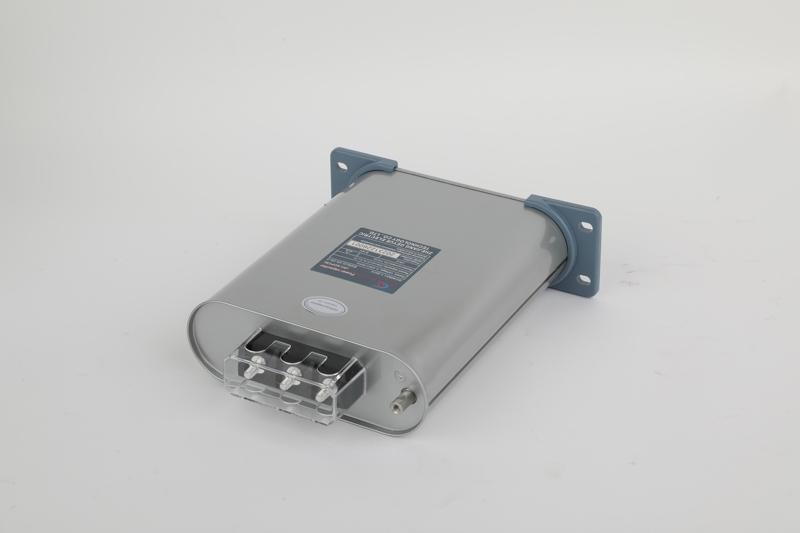
Virtual Debugging Realizes Zero-Risk Pre-Verification
Traditional VAR compensation equipment commissioning requires on-site commissioning, which is time-consuming and poses safety risks. Industrial Metaverse technology enables the creation of a highly accurate virtual commissioning environment, enabling comprehensive verification of the equipment before physical installation. Leveraging digital twin technology, Industrial Metaverse creates a virtual model of the VAR compensation system, encompassing components such as power electronics, control systems, and cooling systems, to simulate various VAR compensation equipment operating conditions.
In this virtual environment, engineers can simulate scenarios such as normal load, overload, and grid faults. The virtual environment system accurately predicts the performance of VAR compensation equipment under various conditions, including temperature rise characteristics, harmonic content, and dynamic response speed. This virtual pre-verification significantly reduces the risk and cost of on-site commissioning.
In addition to the common testing mentioned above, virtual commissioning can also perform extreme operating condition testing, which may not be possible in the real world due to safety concerns. For example, the Industrial Metaverse's virtual commissioning system can simulate extreme conditions such as grid voltage surges and dips, short-circuit shocks, and other extreme conditions to verify the protection functions and reliability of equipment. This virtual testing approach ensures comprehensive testing while ensuring the safety of personnel and equipment.
AR technology Enhances the Efficiency of On-Site Debugging
Augmented reality technology within the industrial metaverse provides a powerful tool for on-site Augmented reality (AR) technology in the industrial metaverse provides a powerful tool for on-site commissioning. Using AR glasses, commissioning personnel can intuitively view the internal status and operating parameters of equipment. The overlay of virtual information with physical equipment makes the commissioning process more intuitive and efficient. The virtual commissioning system can display key parameters such as current waveforms, voltage harmonics, and power factor in real time, helping commissioning personnel quickly locate problems.
AR technology can also provide commissioning personnel with real-time operational guidance. When commissioning personnel are faced with complex wiring or parameter settings, the virtual system can display operational steps and precautions through an AR interface, significantly simplifying commissioning and reduces human error.
Remote Expert Collaboration Breaks Geographical Limitations
The Industrial Metaverse platform supports remote expert collaboration, allowing experts to participate in commissioning without being physically present on-site. Using AR glasses and 5G networks, on-site commissioning personnel can share their field of view and data with remote experts in real time. Experts can visualize the actual conditions of on-site equipment and provide annotations and guidance through the AR interface.
This collaborative model is particularly suitable for commissioning work in remote areas or during challenging periods. When field personnel encounter technical difficulties, they can immediately receive support from experts at headquarters. This approach helped an overseas project resolve complex issues that were difficult for local technicians to handle, saving both travel costs and time. Statistics show that implementing remote collaboration reduces problem resolution time by an average of 65 percent.
Digital Twins Enable Full Life Cycle Management
Digital twin technology in the industrial metaverse is not only used during the commissioning phase but also supports the entire lifecycle management of equipment. The digital twin model established during the commissioning phase can be continuously updated to maintain synchronization with the physical equipment. IoT sensors collect real-time equipment operating data, allowing the digital twin model to reflect the equipment's actual status and performance changes.
This continuous data accumulation provides the foundation for predictive maintenance. The system can analyze historical data to predict potential equipment failures and develop proactive maintenance plans. After implementing digital twin technology, one customer achieved an 85% accuracy rate for equipment failure warnings and reduced maintenance costs by 30%.
Digital twins can also support equipment optimization and upgrades. By analyzing operating data, equipment performance bottlenecks can be identified and improvement plans can be proposed. Equipment upgrades can be validated on the digital twin model to ensure the effectiveness and safety of the upgrade plan.
Talent Cultivation and Skills Inheritance
Industrial Metaverse technology offers a new approach to talent development. Novice engineers can practice non-destructively in a virtual environment, mastering debugging skills before moving on to real-world operations. This training method is both safe and efficient, significantly shortening the development cycle.
The virtual training system can simulate various fault scenarios, allowing trainees to learn fault diagnosis and troubleshooting in a risk-free environment. The system also records trainees' operational processes, providing detailed evaluation and feedback.
While industrial metaverse technology demonstrates great potential for reactive power compensation commissioning, data acquisition accuracy, model accuracy, and real-time requirements all require further improvement. With the widespread adoption of 5G networks and the development of edge computing, these challenges will gradually be addressed. In the future, industrial metaverse technology will be deeply integrated with technologies such as artificial intelligence and big data to form a more intelligent commissioning and maintenance system. The commissioning of reactive power compensation equipment will become more automated and intelligent, significantly improving the reliability and efficiency of power systems. Geyue Electric will continue to monitor the development of industrial metaverse technology and actively promote its application in reactive power compensation. We believe that through technological innovation, we will provide customers with more efficient and secure commissioning tools and services, facilitating the digital transformation and intelligent upgrade of the power industry. Industrial metaverse technology is ushering in a new era for reactive power compensation system commissioning, and we will work with our customers to explore this promising new frontier. If your project requires a one-stop reactive power compensation solution, please feel free to write to info@gyele.com.cn., we are more than glad to help.
- What Exactly is the Boundary Between Static Compensation and Dynamic Compensation in the field of low-voltage reactive power compensation?
- Can Cylinder Self-healing Shunt Capacitor Become the Ideal Choice for Reactive Power Compensation in Power Systems?
- Can Three Phase Intelligent Low Voltage Compound Switch Achieve Technological Innovation in Reactive Power Compensation of Power Systems?
- Can AC contactors become key actuators in industrial automation control?
- Can Self-healing Shunt Capacitor Become a Key Support for Smart Grid Construction?
- How Can Multifunctional Meter Lead a New Revolution in Energy Management?

